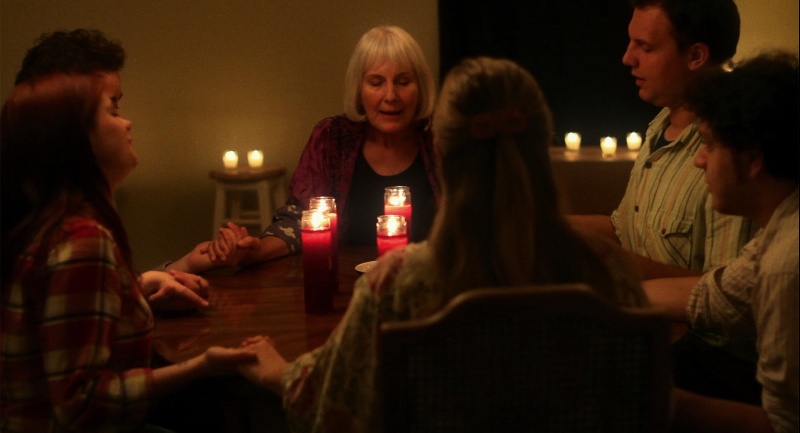I love words. Words are great! We have the best words. The very best, I assure you. They have power. They win elections. They can be simple and direct. Or they can be complexly constructed to confuse even the most coherent concept completely. Words are magic.
There are two types of people in the world. Unfortunately, most of us are Seamus.
And if I learned anything from my study of the Dark Arts it’s this: No magic is good or bad in of itself, but only in the way the wizard wills it. The same goes for words. Now, I hear what you are thinking. Yes. Even those ones. And you, dear sweet reader, should go wash your brain out just for allowing them purchase in your hateful heads. Shame on you.
Words are powerful. You can’t just fling them about willy-nilly upon unsuspecting listeners! They have the potential to hurt others. Severely. You have to learn how to handle them, like guns. That’s probably why toddlers are so terrible at both sentences and shooting. It’s a simple lack of training. Understand the weapon you wield, and wield it well, because they have the potential to build towers to the heavens or blow a rather good evening into smithereens.

See what happens when the band splits up?
What am I saying? Comparing words to weapons. They’re tools, like an axe. An axe can chop logs to build a fire. We can all sit around, roasting marshmallows and telling stories. Nice stories. Stories about our children. Stories about the home we built with the same axe. Of that time we cleaved it through the skulls of our enemies. Wait. An axe is both a tool and a weapon. How about a hammer? Oh, I guess that is, too. Surely not scissors? Dear God, No. I’m just going to stop here.
Our very definitions vary greatly. Now, one can actually argue semantics here. There is this fabulous thing called the Dictionary that gives us the precise definition of every word known to man. Ha! JK! Even that 3-lettered perpetual disappointment has 9 different definitions and 13 sub-definitions, encompassing literally all of humankind while simultaneously referring to only a very small cross-section of that very same group. This fact has to kept in mind. Most words have multiple meanings within themselves. That can work in your favor. So long as you know how to stack them properly.

“I’ll just throw a handful of these out there and see what sticks.”
The trick is understanding potential. There is a big difference between a dog whistle and a blow horn, and both are handy to have around, so long as you’re careful.
You do better with less. This seems a bit backwards, I know. But it’s true. Keep it simple and vague and let their minds fill in the blanks for you. Like a televised medium bilking biddies in the name of long rotted husbands, you too can wield the power of suggestion over the gullible and desperate masses. Now, I’m not saying you should start channeling lies in lieu of the dead. No. That would be wrong and would encroach upon my side business, SpeedySpirits™ (Successful Seances in Sixty Seconds or your money back. Some restrictions may apply.) I’m just encouraging you to use the tools to your advantage. Give your audience a chance to misinterpret in your favor.

“Your dad is telling me to bring up a family moment. A time when you were all together as a family that had some sort of importance.”
“Yeah! He loved Thanksgiving! It was his favorite holiday.”
“OMG, she is so good.”
This is one of the reasons why Trump succeeded in being relatable and why it is hard to misinterpret Green Eggs and Ham. Limited and easy to understand vocabulary, simple sentence structures, and a hefty dose of repetition to drive the point home. Because, let’s face it. Words are great. Words are powerful. We have the best words. The very best, I assure you. I love words.
About the author: Trisha Kosloski serves as the Random Word Generator for Grassroots Midwest, Michigan’s only bipartisan political advocacy firm.


